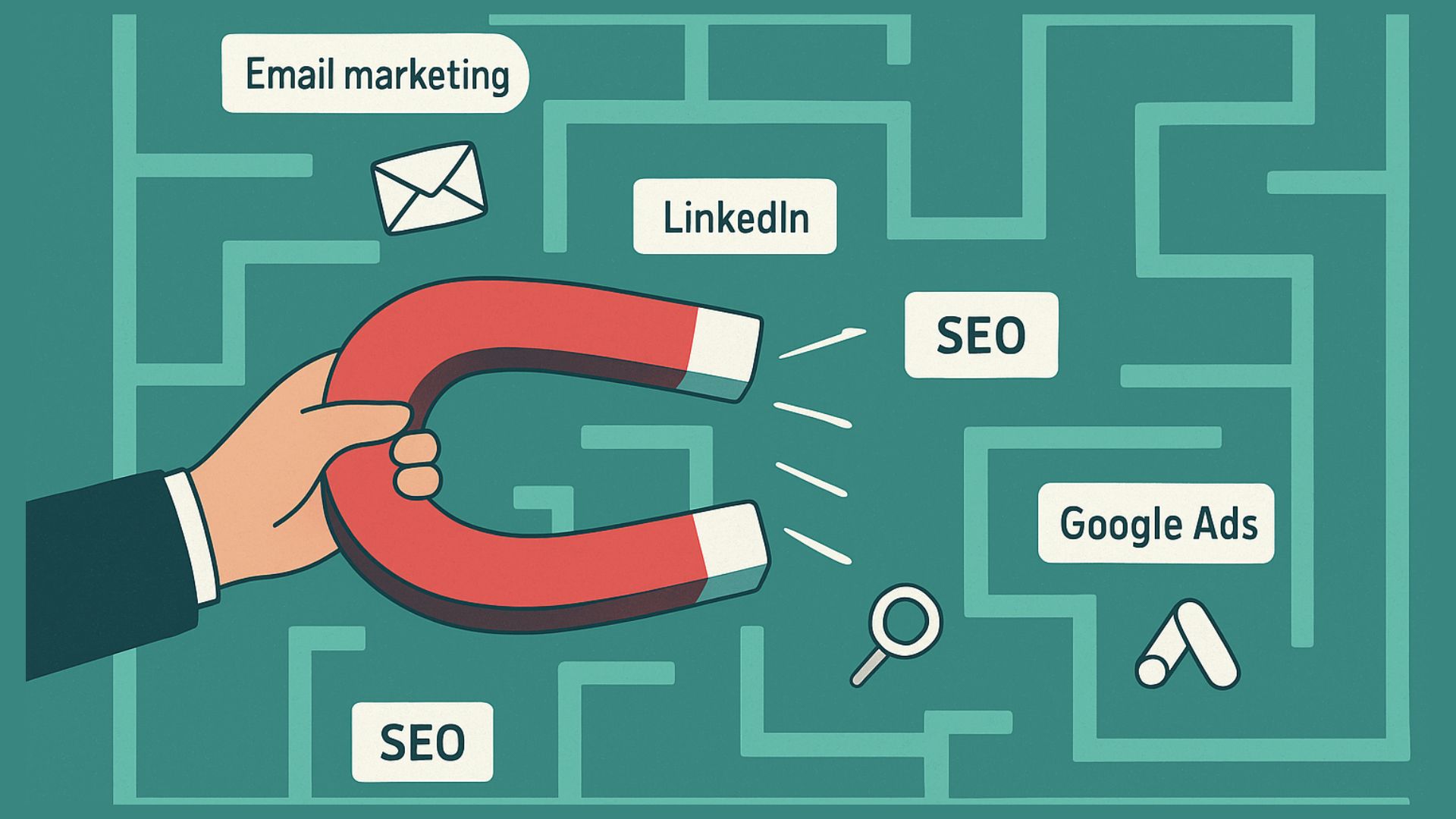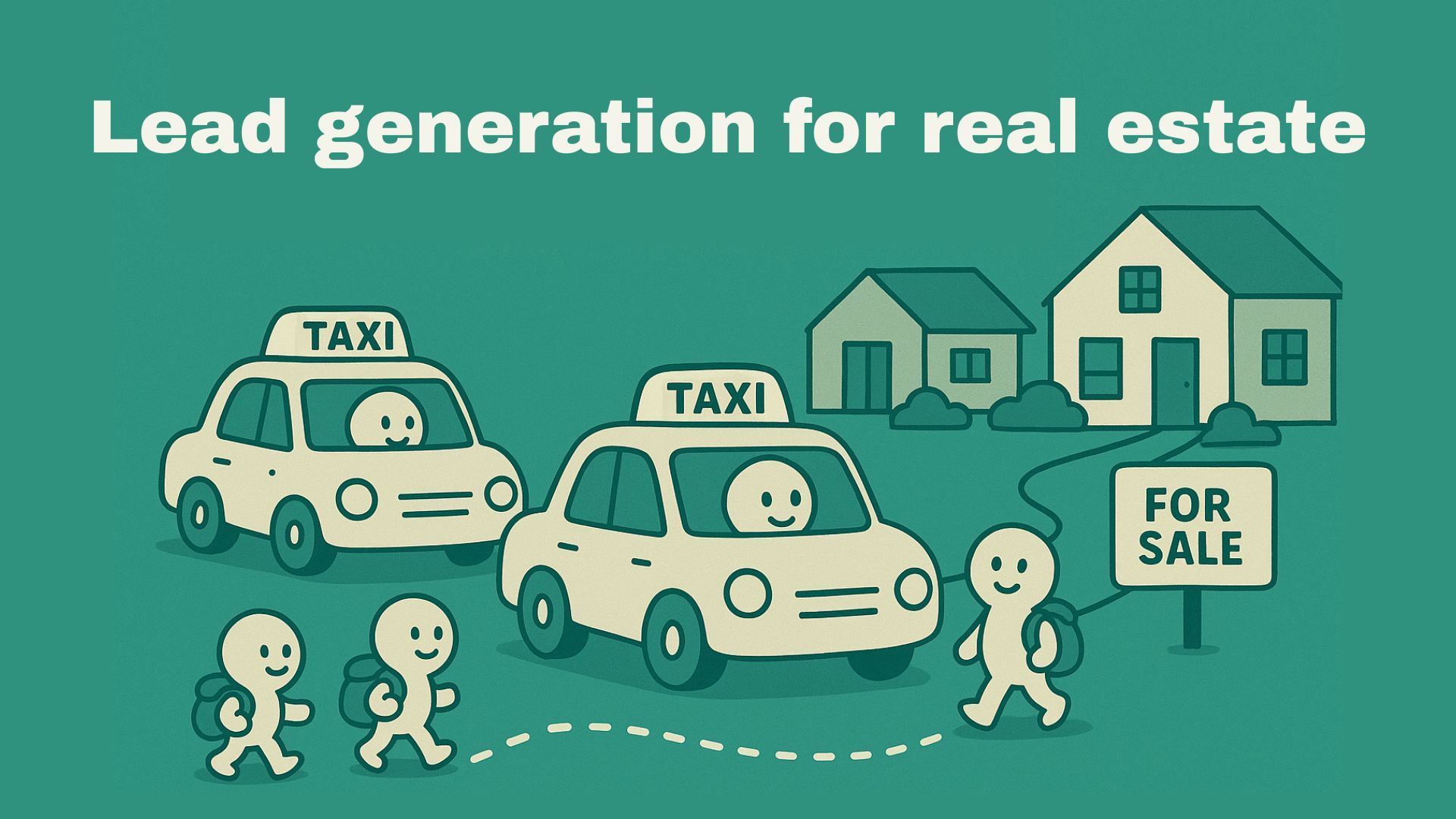

Corporate sales isn’t about quick wins or one-off deals, it’s about building long-term relationships, navigating complex buying cycles and aligning solutions with business goals. From multi-stakeholder negotiations to value-driven pitching, corporate sales requires a strategic mindset that goes far beyond traditional selling.
In this blog, we’ll break down what corporate sales really involves, how it works and what it takes to succeed in high-value B2B environments.
What is corporate sales?
{{callout-3}}
How corporate sales works?(Corporate sales process)
Identifying target accounts
The process begins with identifying high-potential companies that align with your product or service offering. This often involves account-based strategies where research is done on industry, size, revenue, existing tech stack, and pain points.
Qualifying leads
Once contacts are identified within the target accounts, sales development representatives (SDRs) or business development executives (BDEs) reach out to determine interest and fit. Qualification frameworks like BANT (Budget, Authority, Need, Timeline) or CHAMP (Challenges, Authority, Money, Prioritization) are commonly used.
Needs discovery and consultation
This phase involves in-depth discussions to uncover the customer's business challenges, goals, decision-making process, and key stakeholders. It’s less about selling and more about understanding.
Presenting the solution
Based on the insights gathered, a customized solution is presented. This could be in the form of a demo, technical walkthrough, or tailored proposal. The messaging is aligned to the customer’s specific challenges, priorities, and ROI expectations.
Handling objections
In corporate sales, objections are rarely about price alone, they often relate to compatibility, scalability, data security, or internal politics. Sales reps must address concerns from multiple departments like IT, legal, finance, and operations.
Proposal and approval
Once interest is confirmed, the formal proposal and contract process begins. This stage involves navigating procurement protocols, legal teams, and pricing negotiations. It may include SLAs, data policies, and compliance documentation.
Closing the deal
After final approvals, the deal is signed often digitally and the relationship officially begins. In many companies, customer success teams are looped in here to ensure smooth onboarding.
Post sale relationship management
The sales process doesn’t end at signing. Ongoing engagement through account managers ensures the customer is satisfied, supported, and ready for upselling, renewals, or expansions.
Common corporate sales challenges
Navigating complex decision-making hierarchies
Challenge: Multiple stakeholders with varying priorities can slow down or stall deals.
Solution: Map out the decision-making structure early. Identify key influencers, champions, and blockers. Tailor your communication to address each stakeholder’s specific concerns and business objectives. Use tools like RACI charts or stakeholder matrices to keep track and align your strategy accordingly.
Lengthy and unpredictable sales cycles
Challenge: Deals can drag on for months or even years, risking loss of momentum.
Solution: Break down the sales process into smaller, measurable milestones with clear next steps. Keep the engagement alive with regular, value-adding check-ins by sharing insights, updates, or relevant content. Be ready to pivot if internal customer priorities shift, and maintain a robust pipeline to manage risk.
Customisation vs scalability
Challenge: Customers demand tailored solutions that may strain your resources or complicate delivery.
Solution: Set clear boundaries on what customization is feasible and define modular offerings that can be configured rather than built from scratch. Educate customers early on about the impact of heavy customization on timelines and costs. Build a strong implementation and support team to handle tailored requirements efficiently.
Handling compliance and regulatory requirements
Challenge: Compliance demands add legal complexity and slow approvals
Solution: Equip your sales and legal teams with up-to-date knowledge on relevant regulations. Create standardized compliance documents and FAQs for customers. Engage compliance experts early in the process to anticipate concerns and accelerate contract reviews.
Procurement and legal hurdles
Challenge: Rigorous procurement processes and contract negotiations can drag out deals.
Solution: Understand the customer’s procurement cycle and tailor your proposal accordingly. Prepare thorough documentation and case studies to satisfy due diligence. Involve your legal team early to streamline contract drafting and anticipate negotiation points.
Demonstrating tangible ROI early
Challenge: Proving your solution’s value before full deployment is tough but expected.
Solution: Use pilot programs, proof-of-concept projects, or sandbox environments to showcase benefits. Build business cases with clear KPIs aligned to the customer’s goals. Leverage customer testimonials and case studies to reinforce credibility.
Corporate sales strategies
Understanding the above challenges helps explain why corporate sales requires specific strategies.
Account based selling
Account-based selling targets high-value companies with tailored messaging and solutions. Sales teams collaborate with marketing and product teams to deeply understand the account’s industry, goals, and challenges, and then create hyper-relevant pitches that resonate with key decision-makers.
Building multi-level relationships
Invest time in building relationships at multiple levels within the organization to increase buy-in and reduce the risk of deals falling through when contacts change roles.
Solution selling
Understand the customer’s pain points through discovery calls and frame your offering as a solution that drives business outcomes.
Consultative selling approach
Act more like a business advisor than a traditional salesperson. When corporate buyers feel like you're helping them make an informed decision, not just pushing a sale, they’re more likely to trust you and invest in the solution.
Key skills required in corporate sales
Communication skills
From boardroom pitches to email follow-ups, clear and persuasive communication is essential. The ability to tailor messaging to different stakeholders, technical, financial, and executive, is what makes a pitch land effectively.
Negotiation skills
Enterprise deals often go through multiple negotiation rounds. Knowing when to stand firm, where to be flexible, and how to frame value can mean the difference between a win-win and a lost opportunity.
Technical skills
Modern sales requires fluency in tools like CRMs, sales enablement platforms, data dashboards, and proposal software. These tools help manage complex pipelines, track buyer behavior, and keep outreach personalized.
Business and financial acumen
You need to speak the language of business which involves ROI, KPIs, cost savings, and revenue growth. Understanding how companies make decisions and what impacts their bottom line makes your solution more compelling.
Corporate sales salary
According to Glassdoor, the estimated total pay for corporate sales in India is ₹7,80,000 per year, with an average salary of ₹6,00,000 per year.
Heading text
Nunc sed faucibus bibendum feugiat sed interdum. Ipsum egestas condimentum mi massa. In tincidunt pharetra consectetur sed duis facilisis metus. Etiam egestas in nec sed et. Quis lobortis at sit dictum eget nibh tortor commodo cursus.
Odio felis sagittis, morbi feugiat tortor vitae feugiat fusce aliquet. Nam elementum urna nisi aliquet erat dolor enim. Ornare id morbi eget ipsum. Aliquam senectus neque ut id eget consectetur dictum. Donec posuere pharetra odio consequat scelerisque et, nunc tortor.
Nulla adipiscing erat a erat. Condimentum lorem posuere gravida enim posuere cursus diam.






.svg)
